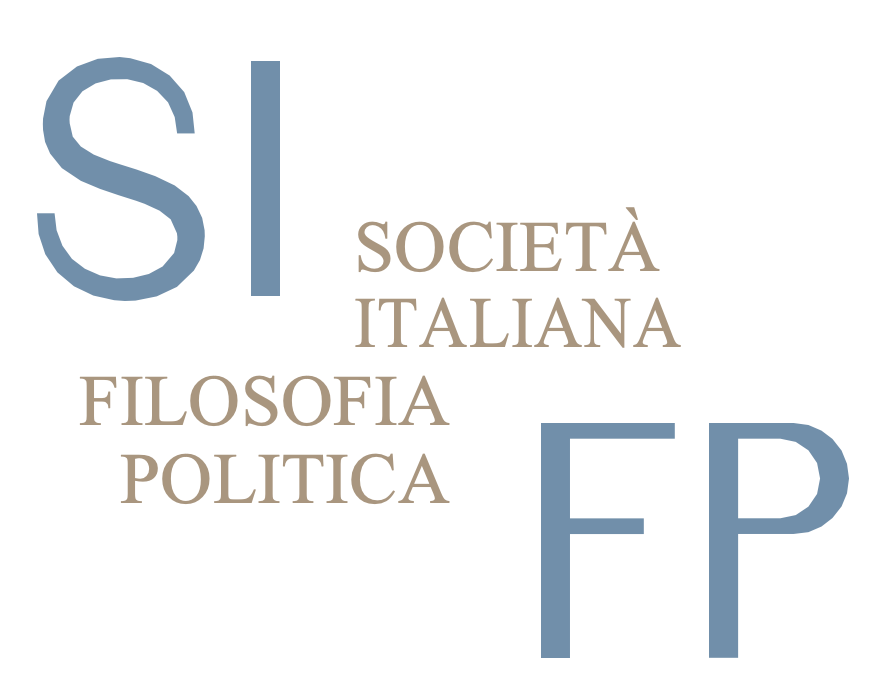Passive Corruption: How Institutions Corrupt People
DOI:
https://doi.org/10.36253/rifp-2275Parole chiave:
corruption, accountability, role-morality, public service, virtue-ethicsAbstract
This paper questions the claim, advanced persuasively by Emanuela Ceva and Maria Paola Ferretti, that political corruption should primarily be understood as a “deficit of office accountability.” On the one hand, it identifies some ambiguities internal to their theory; these suggest that it underestimates the role of self-serving motives in corruption and overemphasizes the perversion of institutional mandates. On the other hand, it describes a form of “passive corruption” that their theory cannot easily accommodate. Passive corruption, I argue, consists in an excess, rather than a deficit, of “office accountability” and typically arises when different institutions come into conflict with each other.
Downloads
##submission.downloads##
Pubblicato
Come citare
Fascicolo
Sezione
Licenza
Copyright (c) 2023 Colin Bird

TQuesto lavoro è fornito con la licenza Creative Commons Attribuzione 4.0 Internazionale.







